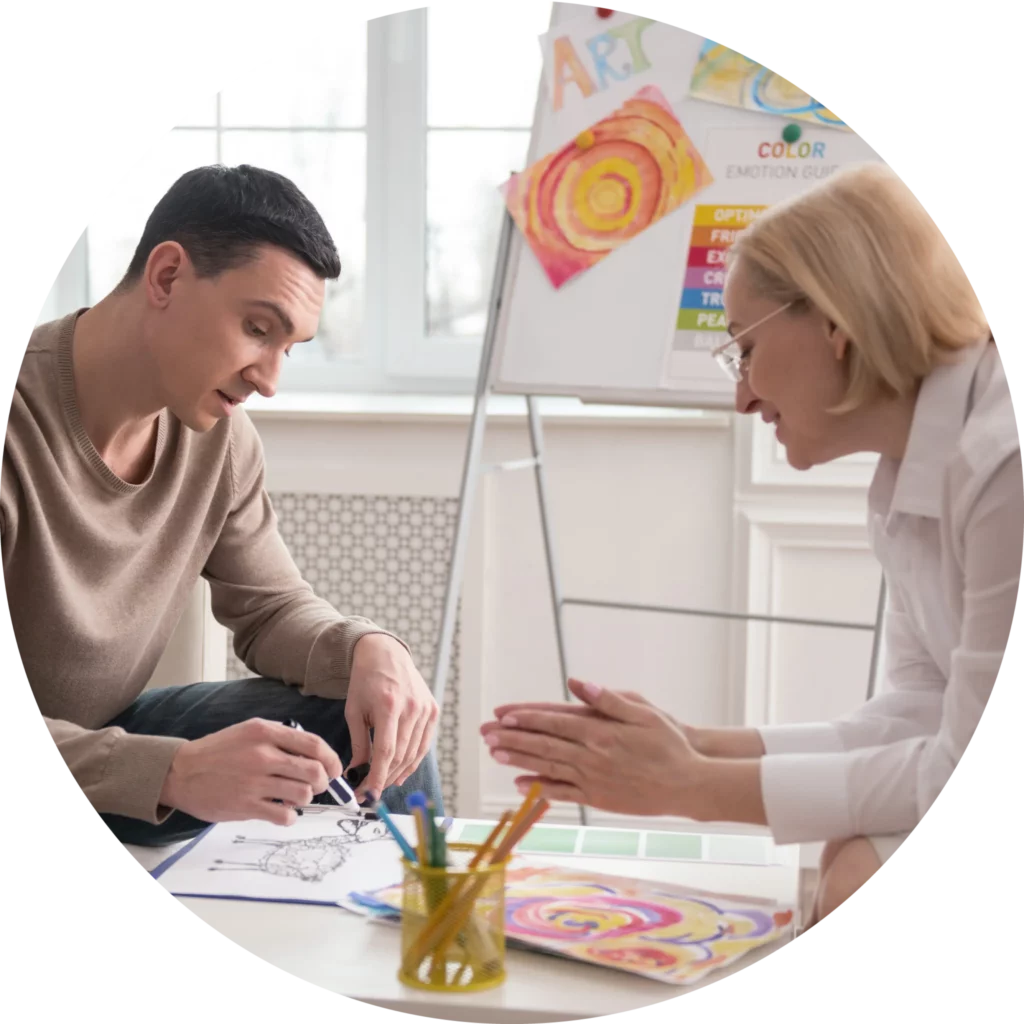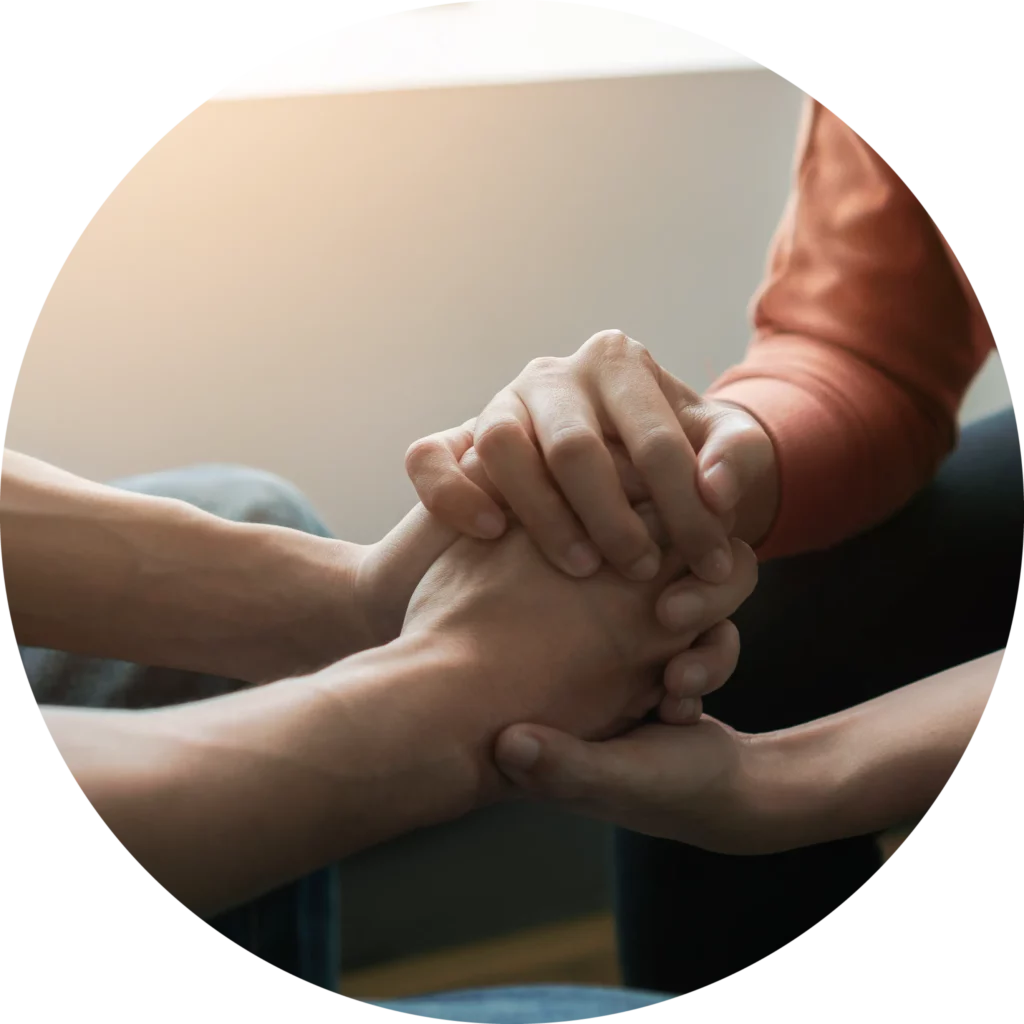Individualized care is the key to successful and sustainable recovery. That’s why our experienced and compassionate team works closely with each client to assess their specific needs and develop a customized treatment plan that addresses their unique challenges and goals.
We understand that recovery can be a challenging and vulnerable time. That’s why our caring team provides 24/7 support to our clients, ensuring they have access to round-the-clock care, guidance, and encouragement.

Take our brief quiz to find out if you may need help for addiction!

At Oasis River Recovery, we intentionally maintain a low client-to-staff ratio. This allows us to prioritize high-quality care and dedicate more time developing customizable and comprehensive treatment plans for each of our clients.
At Oasis River Recovery, we intentionally maintain a low client-to-staff ratio. This allows us to prioritize high-quality care and dedicate more time developing customizable and comprehensive treatment plans for each of our clients.
Our addiction recovery program gives clients the opportunity to engage in individual counseling. These one-on-one sessions provide a safe and comfortable space for clients to delve into the underlying causes of addiction and tackle specific behaviors and cravings.
Group therapy creates a safe space for individuals to express their feelings, share experiences, and learn from others facing similar challenges. Additionally, group therapy can help improve communication, empathy, and trust in relationships and teach patients healthy coping skills.
Art therapy provides a safe and expressive outlet using various creative mediums such as visual art, music, writing, sculpting, or spoken word to tap into their natural creativity. This can help clients confront substance abuse and mental health disorders and practice mindfulness through self-expression.
Trauma-informed care applies evidence-based and trauma-sensitive therapeutic techniques that address the symptoms of trauma rather than the experience itself. This healing modality teaches patients how to effectively manage symptoms and avoid re-traumatization throughout their treatment.
Person-centered therapy offers a safe and non-judgmental environment that allows patients to tackle addiction without feeling coerced into intervention. This type of therapy empowers individuals to express their emotions on their own terms and gain insight into their motivations for quitting substance use.
Relational-cultural theory offers a holistic approach to therapy that considers the complex interplay between culture, relationships, and mental health. It emphasizes the importance of building healthy relationships and creating a sense of empowerment in order to promote healing and well-being.





At Oasis River Recovery, our mission has always been to provide compassionate, evidence-based care for those seeking recovery. However, we want to inform you that Oasis River Recovery center is currently paused and not accepting new patients at this time.
While this program is on hold, we are grateful to be part of the HCANA network, which includes two outstanding recovery centers that are currently accepting patients and can offer the same high-quality care:
Oasis Recovery Center – Located in the heart of Asheville, NC, this facility provides personalized addiction treatment in a supportive, healing environment.
Knoxville Recovery Center – A trusted provider offering comprehensive addiction and mental health treatment in Knoxville, TN, with a focus on long-term recovery.
Both centers operate under the same commitment to excellence as Oasis River Recovery and are ready to help you or your loved one begin the journey toward healing.
If you have any questions or need assistance finding the right program, please don’t hesitate to reach out to either Knoxville Recovery Center or Oasis Recovery Center. We’re here to support you in finding the care you deserve.
Thank you for trusting us with your recovery journey. We hope to serve you again in the future.